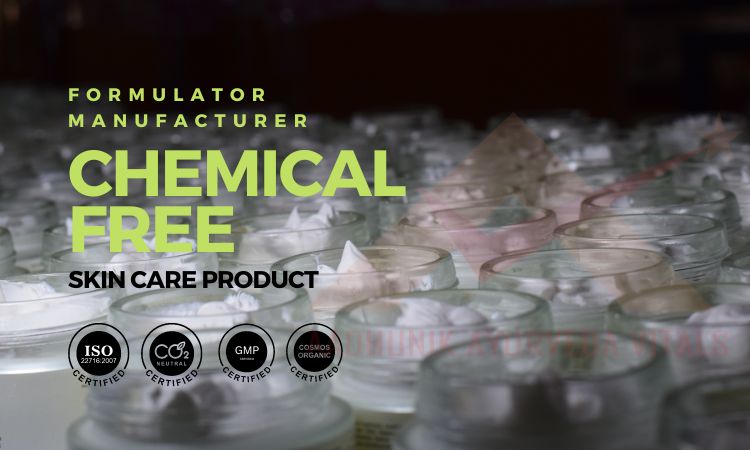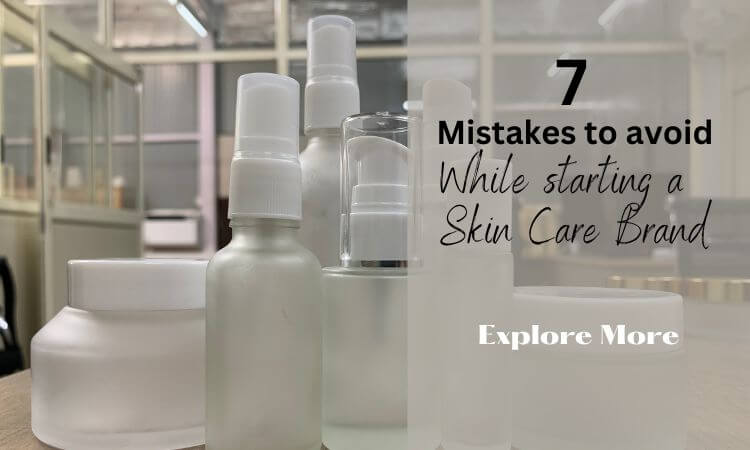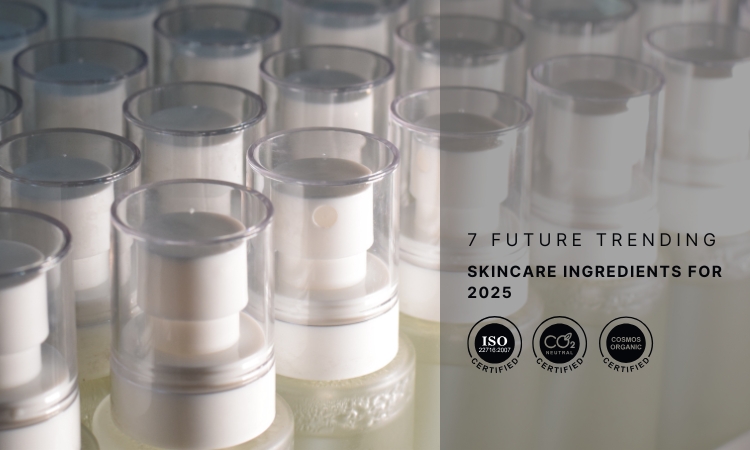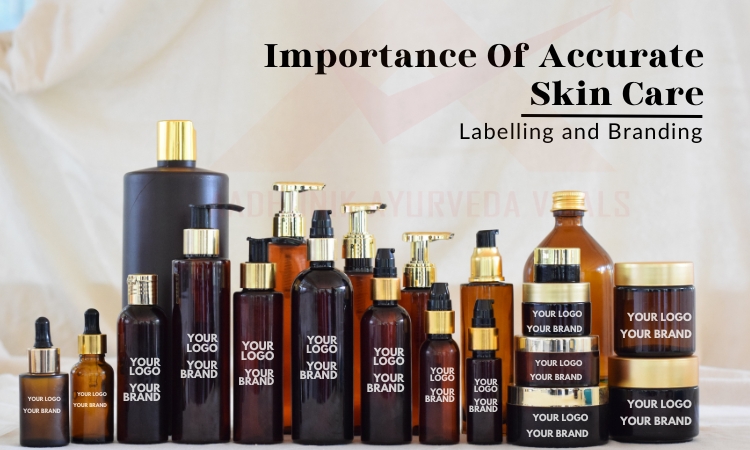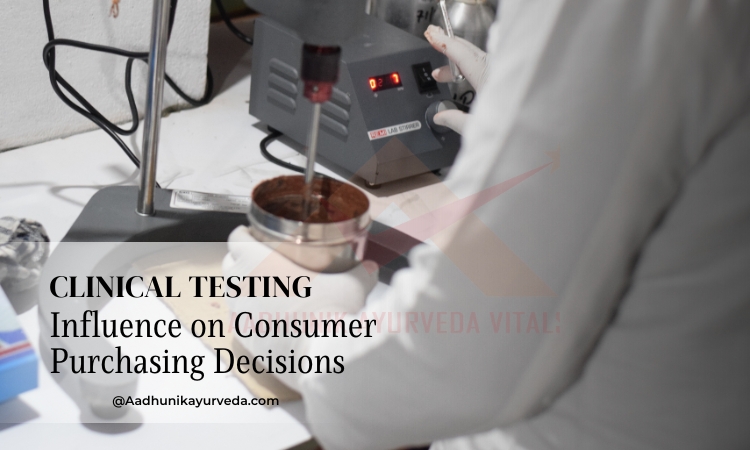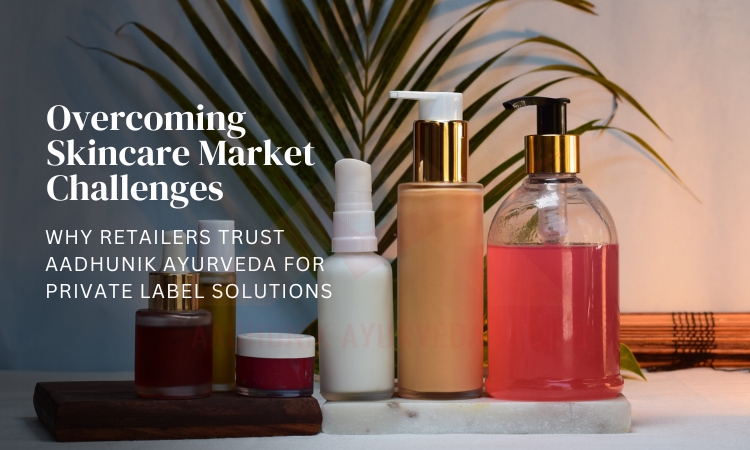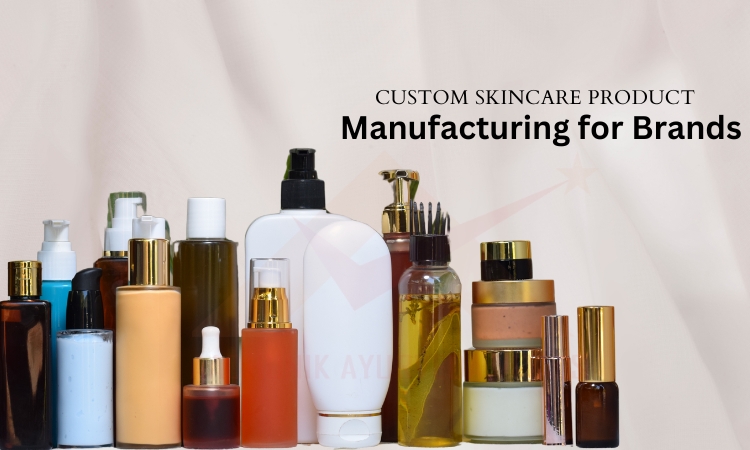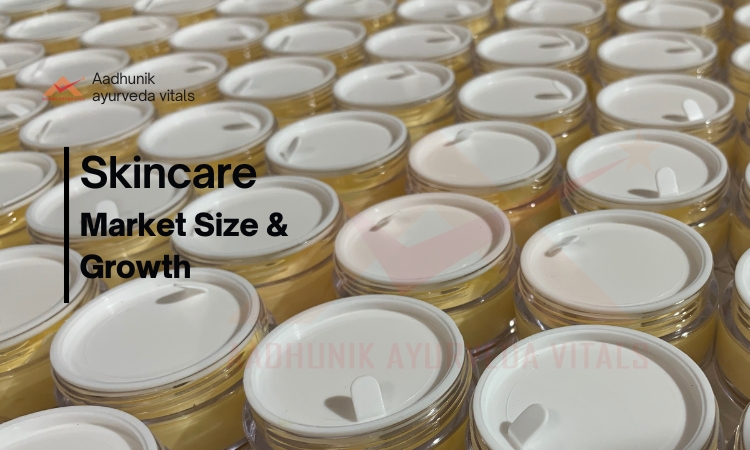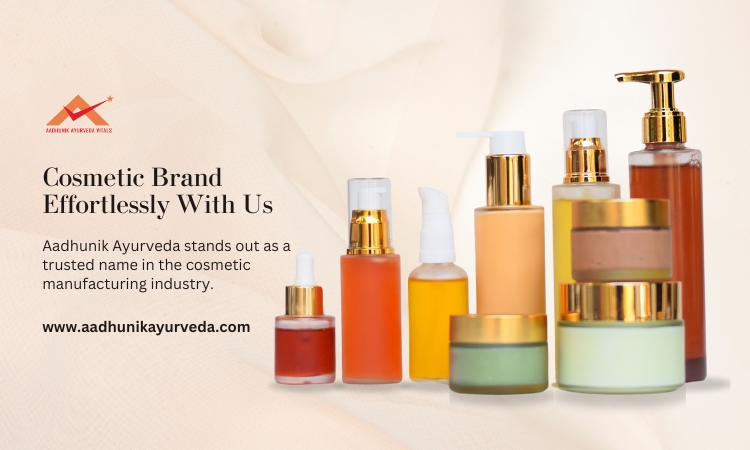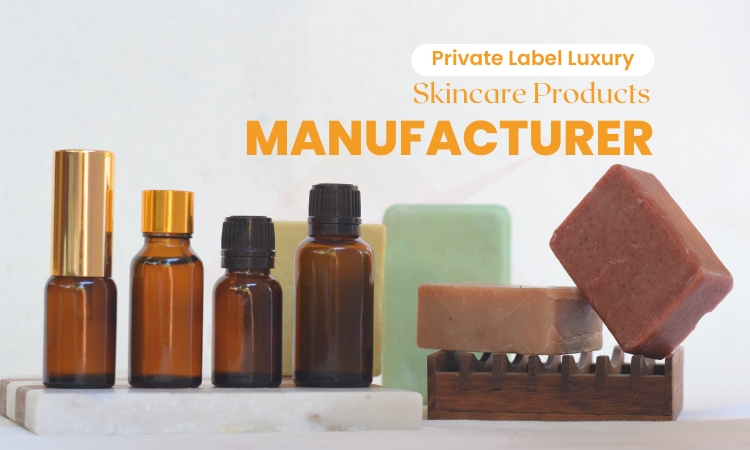
How to Ensure Your Private Label Skincare Products Meet Market Trends
How to Ensure Your Private Label Skincare Products Meet Market Trends |Understanding Current Skincare Market Trends |Incorporating Natural and Organic Ingredients |Stay Updated on Ingredient Innovations |Adapt to Packaging Trends |Monitor Competitor Activity |The skincare industry is one of the fastest-evolving sectors in the global market. With consumer preferences constantly changing and new innovations emerging, staying ahead of trends is crucial for every skincare brand. Meeting market trends not only helps brands remain competitive but also ensures they resonate with consumers, driving loyalty and sales. This blog explores strategies to ensure your private label skincare products align with the latest market trends, setting your brand up for success.
Understanding Current Skincare Market Trends
To meet market demands, it’s essential to first understand the prevailing trends in the skincare industry. Some of the current trends include:
- Clean Beauty: Products free from harmful chemicals and synthetic ingredients.
- Sustainability: Eco-friendly formulations and packaging.
- Personalization: Customizable skincare solutions for unique skin needs.
- Inclusivity: Products catering to diverse skin tones and types.
Staying informed about these trends through market research, industry reports, and consumer feedback is the foundation for success.
Understand Consumer Preferences
Consumer preferences are at the heart of market trends. To meet these preferences:
- Conduct Regular Market Research: Use surveys, focus groups, and trend analysis reports to understand what consumers are looking for in skincare products.
- Monitor Social Media Trends: Platforms like Instagram, and Pinterest are goldmines for discovering emerging skincare trends and consumer preferences.
- Leverage Customer Feedback: Analyze reviews and feedback from your clients' customers to identify gaps and areas for improvement in existing products.
By staying informed, you can guide your clients in developing products that resonate with their target audience.
Incorporating Natural and Organic Ingredients
Consumers are increasingly gravitating towards products made with natural and organic ingredients. These are perceived as safer and more effective. To meet this demand:
- Use plant-based extracts, essential oils, and botanicals.
- Avoid synthetic fragrances, parabens, and sulfates.
- Highlight certifications like NPOP, USDA Organic or COSMOS Organic on your packaging.
https://aadhunikayurveda.com/pdf/steam%20distilled%20hydrosol.pdf
For instance, incorporating ingredients like aloe vera, turmeric, or hyaluronic acid can appeal to health-conscious consumers.
Stay Updated on Ingredient Innovations
Innovative ingredients often drive new skincare trends. To incorporate them effectively:
- Collaborate with ingredient suppliers: Stay in touch with suppliers to learn about the latest ingredient launches and their potential benefits. Understand the molecular science of the ingredient to your satisfaction before using in bulk batch.
- Focus on Science-Backed Ingredients: Highlight ingredients like niacinamide, hyaluronic acid, peptides, and ceramides, which have proven efficacy.
- Experiment with Unique Botanicals: Introduce exotic ingredients such as bakuchiol, or sea buckthorn oil to differentiate products.
Offering unique formulations ensures your private label products stand out in a crowded market.
Adapt to Packaging Trends
Packaging plays a vital role in attracting consumers and conveying a brand’s message. To align with current trends:
- Eco-Friendly Packaging: Use recyclable, biodegradable, or refillable packaging materials to appeal to environmentally conscious consumers.
- Minimalist Designs: Opt for sleek, modern designs that emphasize simplicity and elegance.
- Functional Packaging: Incorporate airless pumps, droppers, or other innovative solutions to enhance product usability and preservation.
By offering customizable packaging options, you can cater to diverse client needs and preferences.
Leverage Technology in Skincare
Tech-driven skincare solutions are gaining popularity. To integrate this trend:
- Offer Smart Skincare Solutions: Develop products compatible with wearable devices or apps that analyze skin health.
- Focus on Personalization: Create formulations that cater to specific skin types, concerns, or environmental factors.
Embracing technology allows you to position your products as innovative and cutting-edge.
Ensure Regulatory Compliance
Meeting regulatory standards is essential to gaining consumer trust and ensuring market success. As a manufacturer:
- Stay Updated on Regulations: Familiarize yourself with global standards such as FDA, and ISO certifications.
- Provide documentation: Offer clients safety data sheets, certificates of analysis, and stability testing reports.
- Assist with claims validation: Ensure that product claims, such as “hypoallergenic” or “dermatologist-tested,” are backed by credible evidence.
Proactive compliance ensures your products can be marketed confidently in any region.
Educate Your Clients
As a manufacturer, your expertise is invaluable to your clients. To empower them:
- Host Workshops and Webinars: Provide training on topics like ingredient trends, formulation techniques, and market positioning.
- Share Industry Insights: Offer regular updates on emerging trends and consumer behavior.
- Provide Marketing Support: Supply product descriptions, usage guides, and educational materials to help clients promote their products effectively.
An informed client is better equipped to succeed, which ultimately benefits your manufacturing business.
Offer Customization Options
Customization is a key differentiator in the private label industry. To meet this demand:
- Flexible Formulations: Allow clients to modify base formulations to include specific ingredients or address niche concerns.
- Tailored Packaging: Provide a range of packaging options to suit different brand aesthetics.
- Branding Support: Offer services like logo design, label printing, and product naming to streamline the branding process.
Customization helps clients create unique products that align with their brand identity and market trends.
Prioritize Sustainability in Manufacturing
Sustainability is a growing priority for consumers and brands alike. To meet this demand:
- Optimize Production Processes: Minimize waste, energy consumption, and water usage in your facilities.
- Source Responsibly: Partner with ethical suppliers and prioritize sustainable raw materials.
- Achieve Green Certifications: Obtain certifications like Carbon Neutral to validate your commitment to Sustainability. Promote handmade as compared to machine made as this will help create employment resulting in human welfare and thereby reducing dependence on automation.
By adopting eco-friendly practices, you can attract clients who value environmental responsibility.
Monitor Competitor Activity
Keeping an eye on competitors can provide valuable insights. To do this:
- Analyze Product Offerings: Identify gaps in the market by studying competitors’ product lines.
- Track Marketing Strategies: Observe how competitors position their products and engage with their audience.
- Learn from Successes and Failures: Use competitors’ experiences to refine your own strategies and offerings.
Competitor analysis ensures you stay one step ahead in a dynamic market.
Invest in Research and Development (R&D)
Continuous innovation is vital for staying relevant. To enhance your R&D efforts:
- Allocate Resources: Dedicate a portion of your budget to exploring new formulations and technologies.
- Collaborate with Experts: Partner with dermatologists, chemists, and other professionals to develop cutting-edge products.
- Test Extensively: Conduct rigorous testing to ensure product safety, efficacy, and stability.
A strong R&D program positions you as a leader in the private label skincare industry.
Capitalize on Seasonal and Regional Trends
Seasonal and regional factors influence consumer preferences. To address these:
- Create Seasonal Products: Develop limited-edition products tailored to specific weather conditions or holidays.
- Cater to Regional Needs: Formulate products that address climate-specific skin concerns, such as dryness in cold regions or oiliness in humid areas.
- Stay Flexible: Be prepared to adjust offerings based on shifting trends and consumer demands.
This approach allows you to remain relevant and responsive in a dynamic market
Embrace Inclusivity
Inclusivity is a growing focus in the beauty industry. To align with this trend:
- Develop Diverse Products: Create formulations suitable for all skin tones, types, and concerns.
- Highlight Accessibility: Offer products at various price points to cater to a wide audience.
- Promote Representation: Feature diverse models and imagery in marketing materials to reflect inclusivity.
Inclusivity helps your clients connect with a broader audience and fosters brand loyalty.
Ensuring your private label skincare products meet market trends is a multifaceted process that requires continuous research, innovation, and adaptability. By understanding consumer preferences, embracing Sustainability, and leveraging technology, your brand can thrive in the competitive skincare industry. Partnering with a clean trend-aware manufacturer like Aadhunik Ayurveda and staying updated with regulatory standards further solidifies your position as a market leader. With these strategies, your private label skincare products will not only meet but exceed market expectations.
FAQs:
1. How can I identify the latest skincare trends?
Stay informed through industry reports, social media platforms, and consumer feedback.
2. What are some popular ingredients in trending skincare products?
Hyaluronic acid, niacinamide, retinol, and plant-based extracts like aloe vera and turmeric are widely popular.
3. Can private label manufacturers help with market trend analysis?
Yes, experienced manufacturers like Aadhunik Ayurveda provide insights and expertise to align your products with market trends.
4. How important is sustainability in skincare products?
Sustainability is a major factor for modern consumers. Eco-friendly formulations and packaging are highly valued.
5. What role does personalization play in skincare trends?
Personalization enhances consumer satisfaction by offering tailored solutions, making it a key trend in the industry.
